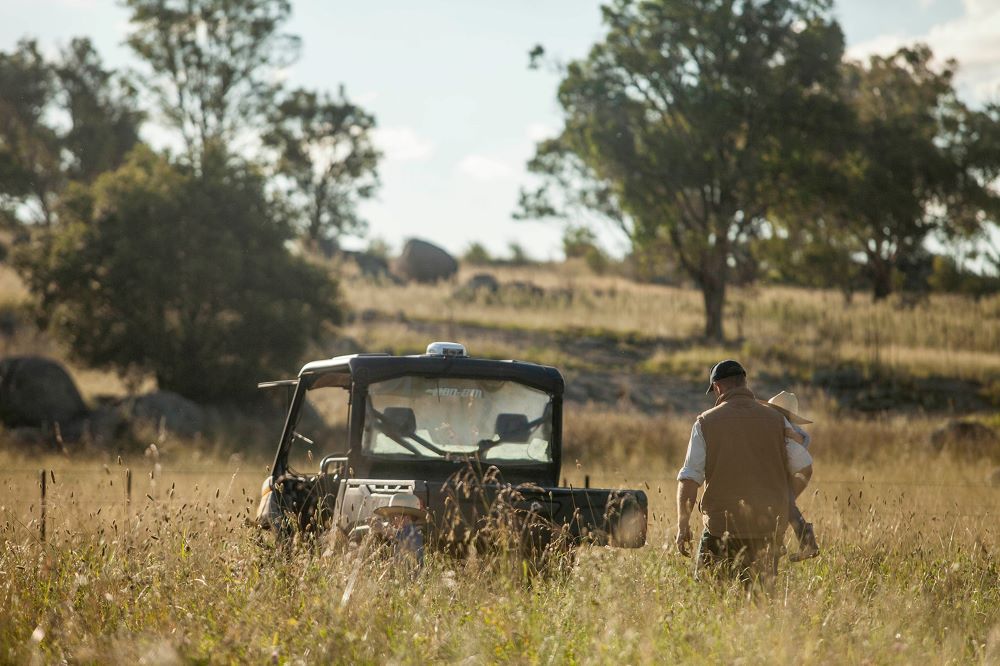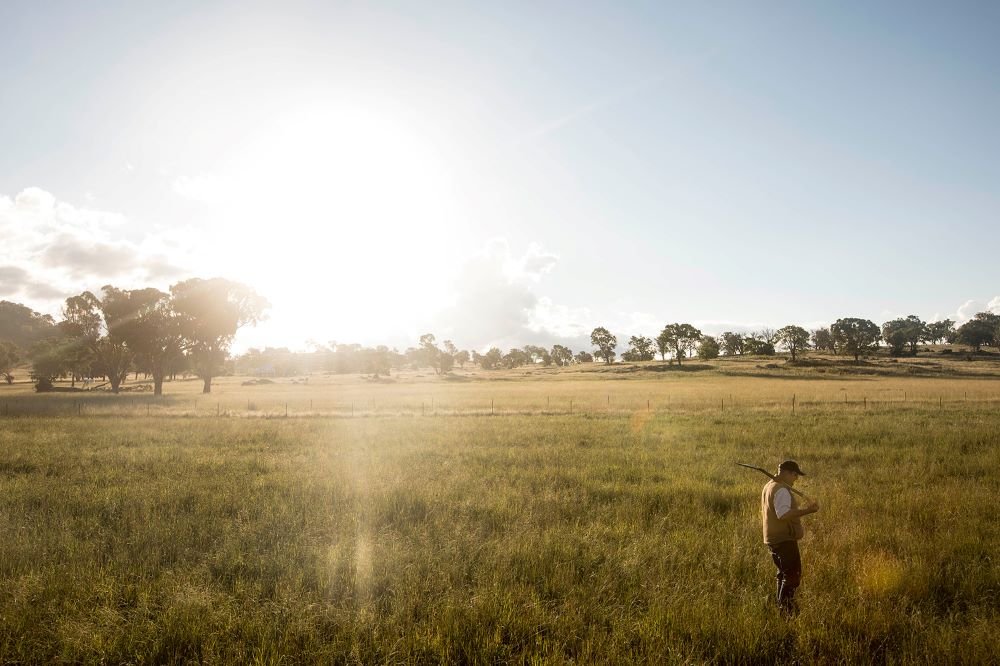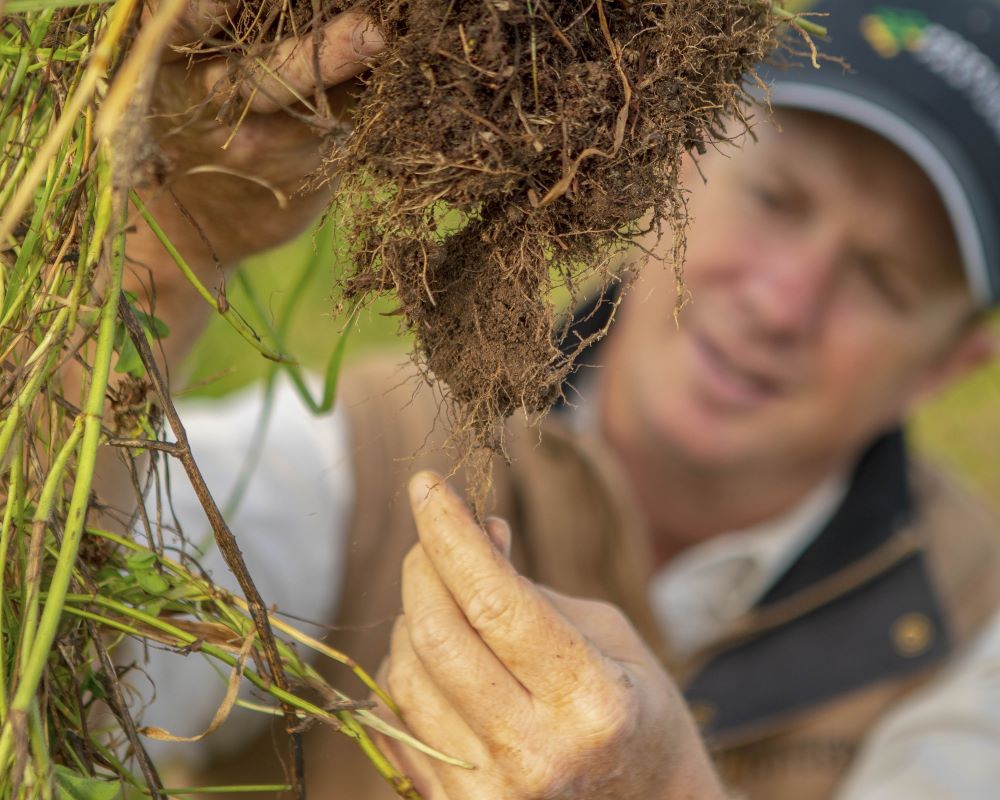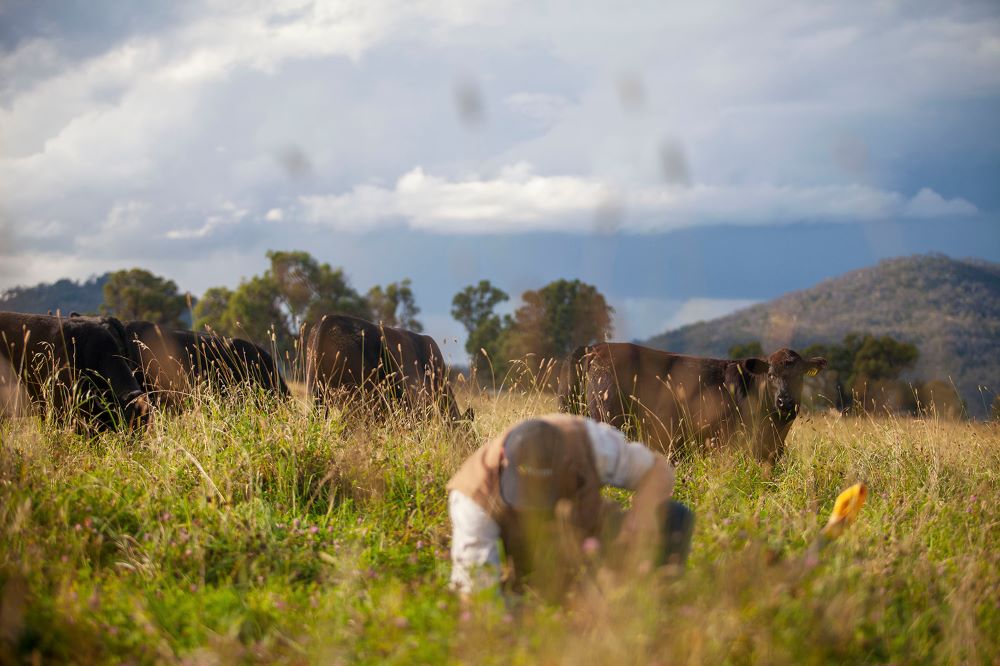ACCU’s – what to do with them?

Several soil carbon projects across Australia are now being issued Australian Carbon Credit Units (ACCUs). In some cases, these ACCUs have been worth several million dollars to the farmer which presents an increasingly asked question: what do we do with these carbon credits?
As this new industry evolves and more ACCUs are issued, more industry participants up down the supply chain are having their say on what farmers should do with their ACCUs. As usual, this flurry of opinions has raised more questions than answers.
This article aims to answer some key questions often asked by farmers weighing up their options when selling or holding their carbon credits.
Note: The information shared in this article is for general knowledge purposes only. Individuals should consult with a certified financial advisor for professional guidance on any decisions regarding ACCU transactions.
The ACCU Scheme
To recap, for a soil carbon project, the Australian Carbon Credit Unit (ACCU) Scheme will issue one ACCU for every tonne of carbon dioxide equivalent (CO₂e) sequestered in the soil. ACCU’s can be sold via the Emission Reduction Fund auctions or directly to third parties such as emitters, traders or investors.
Some project developers, aggregators and carbon brokers have been offering farmers forward contracts, first marketing rights or commission-based sale agreements to sell these ACCUs.
Precision Pastures, as specialists in soil carbon farming, regularly field inquiries from farmers trying to make sense of what they should or shouldn’t do with their ACCUs — if and when they are received as part of a soil carbon project.
The options are not “cut and dry”, explains Precision Pastures CEO Hamish Webb, speaking as a farmer himself, who obtained extensive knowledge when exploring whether to enter into a soil carbon farming project several years ago.
“It took us over three years of research to understand soil carbon, ACCUs, and how the market works,” Hamish says.
Project proponents1 will be issued ACCUs for their net carbon abatement, at the end of each reporting period. Net carbon abatement is the measure of the increase in soil organic carbon (SOC) from the previous reporting period, minus any increase in on-farm emissions. For example, the net carbon abatement at year five is calculated by measuring the change in soil carbon stocks at year five compared to baseline levels and by deducting increases in project emissions at year five compared to baseline emission levels (on an annualised basis).
Net carbon abatement can be calculated and reported every 12 months to five years. Submitting an offset report will trigger an issuance of ACCUs if there has been a net carbon abatement, after approval by the Clean Energy Regulator.

So, what are the options? When ACCUs are issued to the proponent, they have the option to sell the credits on the ACCU market or to hold on to them.
Selling credits
Farmers can sell Australian carbon credit units (ACCUs) from a project to the Australian Government through a carbon abatement contract.
Alternatively, farmers can choose to sell their ACCUs to private buyers on the secondary market, to those who wish to offset their emissions.
“If you choose to sell your ACCUs, at the moment the largest buyer has been the Australian Government’s Emission Reduction Fund,” Hamish says, in addition to some cases where major emitters have been buying ACCUs directly from producers under private arrangements.
“The regulator has also sought submissions from industry to establish an ACCU trading platform, similar to the Australian Securities Exchange, which we believe will be up and running within a couple of years. This would allow producers to trade ACCUs like shares, bonds, grain futures, or other financial instruments and commodities,” he says.
One benefit of selling ACCU’s is they could provide an alternate income stream to farmers, however there are also risks involved.
“If for unforeseen circumstances, the amount of carbon stored in your soil decreases between sampling rounds, you may need to purchase ACCU’s back on the market to make up the loss. Decreases in the amount of carbon stored in your soil could result from drought, fire or poor management,” he says. (Note: Discounts applied by the CER do provision for natural disasters (drought, flood and fire).

Offsetting or insetting
Offsetting is when someone buys ACCUs to cancel or account for their own emissions. Insetting is when someone creates ACCUs to cancel or account for their own emissions.
“While many emitters, food, transport and retail companies are already offsetting their emissions, insetting is still very early-stage,” Hamish says.
“Insetting with soil carbon ACCUs is not happening yet as far as I’m aware. Some producers are trialing insetting not with ACCUs, but by publishing their emissions and soil test data, which may imply net carbon abatement to their customers. The jury is still out in determining whether that is sufficient to claim carbon neutrality. An ACCU however has already been discounted for permanence and certified by the CER as a permanent tonne of net abatement, so this could certainly be used for insetting.”
Hamish is concerned less about efforts towards insetting, but is worried about post-farmgate buyers “offering a carrot that becomes a stick”.
“Large supermarkets know their emissions and their want to reduce them. They also know that their scope three emissions are a farmer’s scope one emissions. So, I could see a day that the supermarkets push the responsibility of carbon neutrality on their suppliers and if they do, then we want them [supermarkets] to pay fairly for that,” Hamish says.
“The farmers are the ones that do the work. They establish the carbon project, pay for the eligible activities and the soil testing, so they should be paid properly for each and every tonne of carbon they abate. We don’t want a supermarket offering a small premium, or no premium and solely market access, when a farmer has done the work to generate a tonne of net carbon abatement.”
Holding credits
ACCUs are issued into the proponent’s ANREU (Australian National Register of Emissions Units).
Hamish explains that as a financial instrument certified by the Clean Energy Regulator, an ACCU can be recognised as value on a farmer’s balance sheet, similar to a share, a dollar or a bale of wool.
“What’s more, ACCUs are deemed as agricultural income and tax-deferred until the point of sale. It is like receiving tax-free income onto my balance sheet, without selling the ACCU,” he says.
“We have many clients leaning towards this option, playing it on the safe side with a ‘wait-and-see’ approach. We think this is wise as we see this industry evolve in time.”
As parting words, Hamish reiterates, “from the perspective of the farmer, who is the one doing the work, taking on the risk, funding their soil carbon project, and following the guidelines to sequester the carbon, they should be rewarded accordingly and remain the primary beneficiary of the soil carbon industry”.
There are risks associated with a carbon project due to the project’s length and legally binding nature. Precision Pastures recommends that all project participants gain a thorough understanding of how a soil carbon project works, comprehensively plan a project, and seek independent financial and legal advice.

- A project proponent is the owner of a project, and can be a landholder, business, or community. The project proponent will enter a contract with the Clean Energy Regulator (CER) and will be issued ACCUs if carbon is increased, once activities are conducted and reported by a project proponent. ↩︎
